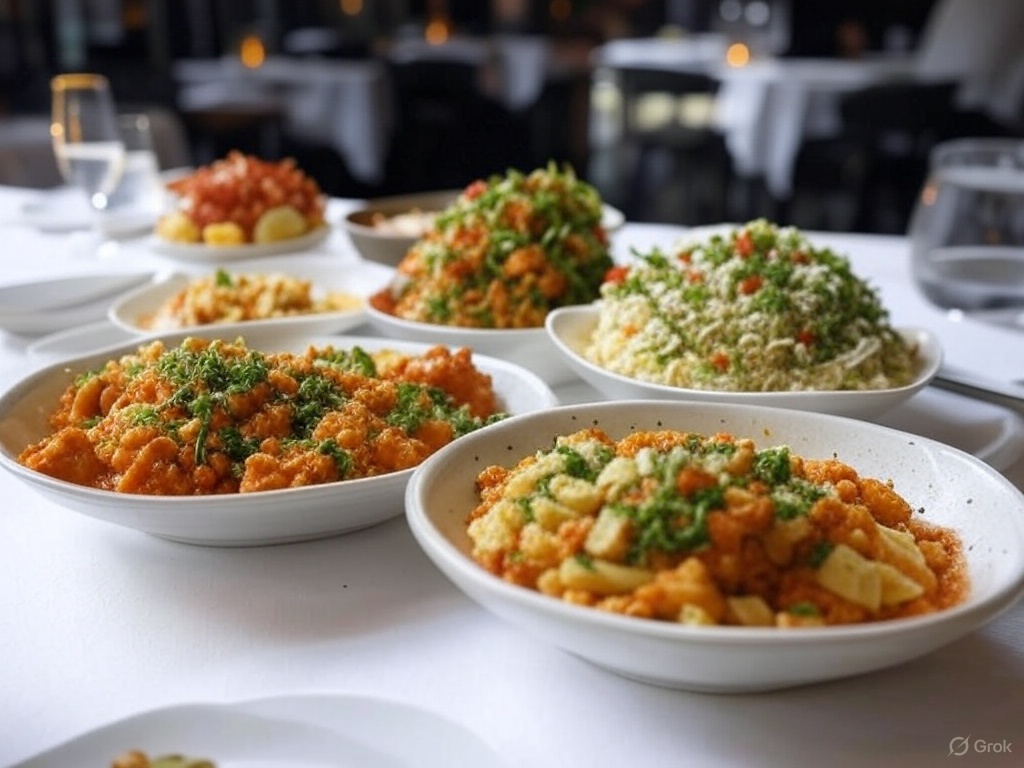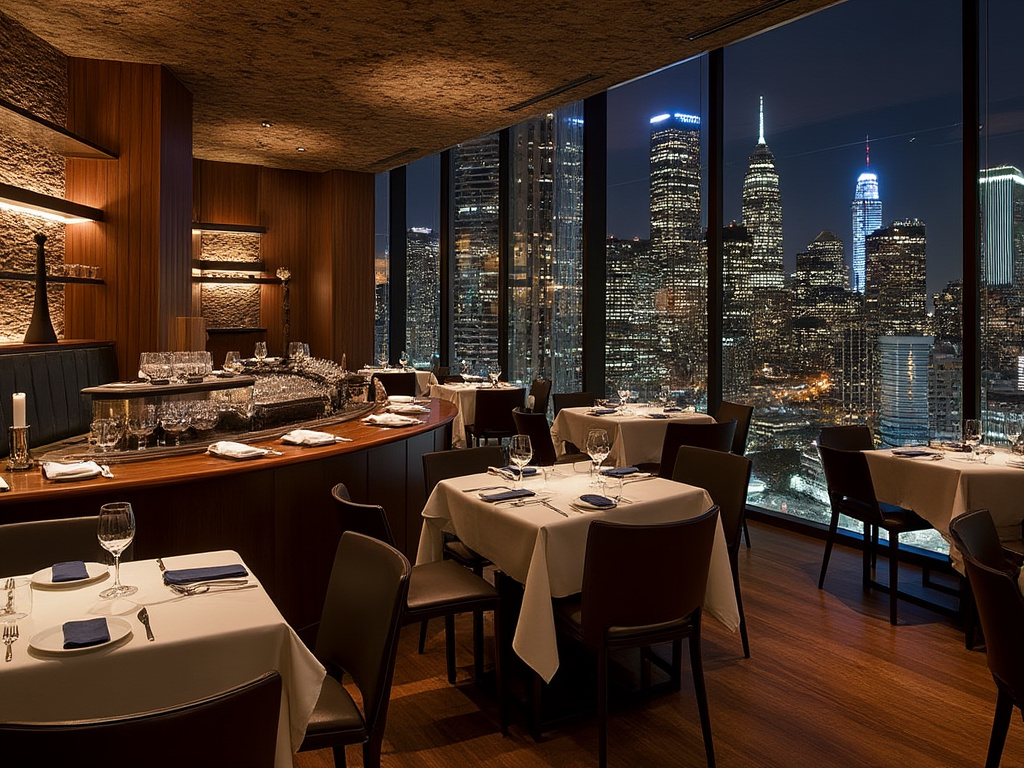Chicago, IL – A pivotal debate over the future of Chicago’s nightlife unfolded on April 15, 2025, as the Chicago City Council License Committee convened to discuss the proposed “Late-Night Vibrancy Ordinance.” This legislative initiative, championed by Alderman Sophia Rodriguez, seeks to implement a pilot program allowing select bars and nightclubs in designated areas to extend their operating hours until 4 AM on Friday and Saturday nights. The proposal aims to inject new energy into the city’s economy and nightlife scene, but it also faces significant scrutiny over potential impacts on residential neighborhoods.
The Proposal Details: Extended Hours with Conditions
The core of the “Late-Night Vibrancy Ordinance” is the creation of a limited pilot program. Under the current draft, the program would be restricted to establishments located within up to three designated pilot wards. Alderman Rodriguez and proponents argue that selecting specific wards allows the city to test the concept’s viability and manage its effects before potential broader implementation. The extended operating hours would apply specifically to the late hours between the traditional closing time and 4 AM on weekend nights – defined as late Friday into early Saturday and late Saturday into early Sunday.
However, this extension is not without stringent conditions. The ordinance mandates that participating establishments must adhere to several new requirements designed to mitigate potential negative consequences. These include the implementation of enhanced security protocols, which could involve additional security personnel, improved surveillance, and stricter entry management. Furthermore, businesses would be required to adopt robust noise mitigation strategies to minimize disruption to nearby residents. This might encompass soundproofing measures, managing noise from patrons exiting premises, and controlling outdoor noise. Crucially, the proposal also includes the imposition of a special late-night permit fee. This fee is intended to help offset potential city expenses related to increased police presence, sanitation services, or administrative oversight required by the extended hours.
Supporters Argue for Economic Vitality and Global Competitiveness
Supporters of the “Late-Night Vibrancy Ordinance,” led by Alderman Sophia Rodriguez, frame the proposal as a necessary step for Chicago to remain competitive as a global city and tourism destination. They argue that extending bar hours could significantly boost the local economy, creating jobs not only within the nightlife sector but also in related industries like transportation, food service, and security. Proponents suggest that a more vibrant late-night scene could attract tourists seeking dynamic urban experiences and encourage residents to spend their money within the city rather than in surrounding suburbs or other municipalities with later closing times.
During the License Committee hearing on April 15, 2025, proponents highlighted examples of other major cities worldwide and within the U.S. that successfully manage later closing times. They presented data suggesting that responsible late-night economies can thrive without overwhelming local infrastructure or unduly burdening residents, provided appropriate regulations and enforcement are in place. Alderman Rodriguez emphasized that the pilot program’s conditions – enhanced security, noise controls, and the permit fee – are specifically designed to address common concerns proactively.
Opponents Raise Concerns Over Quality of Life and Neighborhood Impact
The proposal faced considerable opposition during the hearing, with critics voicing serious concerns about its potential impact on residential neighborhoods. Alderman John Chen was among the most vocal opponents on the committee, articulating worries about increased noise levels, potential late-night disturbances, and the strain on police resources.
Neighborhood groups, such as the Quiet Streets Association, also provided testimony and submitted statements outlining their objections. Their primary concerns revolve around the quality of life for residents living near potential late-night establishments. They argued that extended hours could lead to increased noise from patrons leaving bars at 4 AM, potential vandalism, public intoxication, and parking issues, disrupting the peace and quiet of residential streets, particularly on weekend nights.
Opponents expressed skepticism that the proposed security and noise mitigation measures would be sufficient to prevent negative impacts. They suggested that enforcing these regulations would be challenging and could fall disproportionately on the shoulders of residents who would have to report issues repeatedly. The Quiet Streets Association and other groups urged the committee to consider the welfare of long-term residents and the potential for the pilot program to degrade neighborhood environments, potentially leading to decreased property values and an exodus of families seeking quieter surroundings.
Committee Deliberation and Future Steps
The April 15, 2025, hearing saw License Committee members engage in extensive questioning of both proponents and opponents. Discussions touched upon the criteria for selecting the up to three designated pilot wards, the specifics of the enhanced security protocols and noise mitigation strategies, the proposed amount of the special late-night permit fee, and the enforcement mechanisms the city would employ. Alderman Rodriguez reiterated that the pilot’s limited scope is intended precisely to gather data and refine the approach before any wider rollout.
The committee did not take a vote on the “Late-Night Vibrancy Ordinance” during the session. The hearing served as an initial platform for airing perspectives and identifying key areas of contention. The proposal is expected to undergo further deliberation, potentially involving amendments to address some of the concerns raised by opponents. The path forward for the ordinance remains uncertain, requiring further negotiation and potential compromises before it could potentially advance to a full City Council vote. The debate highlights the delicate balance Chicago seeks to strike between fostering a dynamic urban economy and preserving the quality of life in its diverse neighborhoods.















